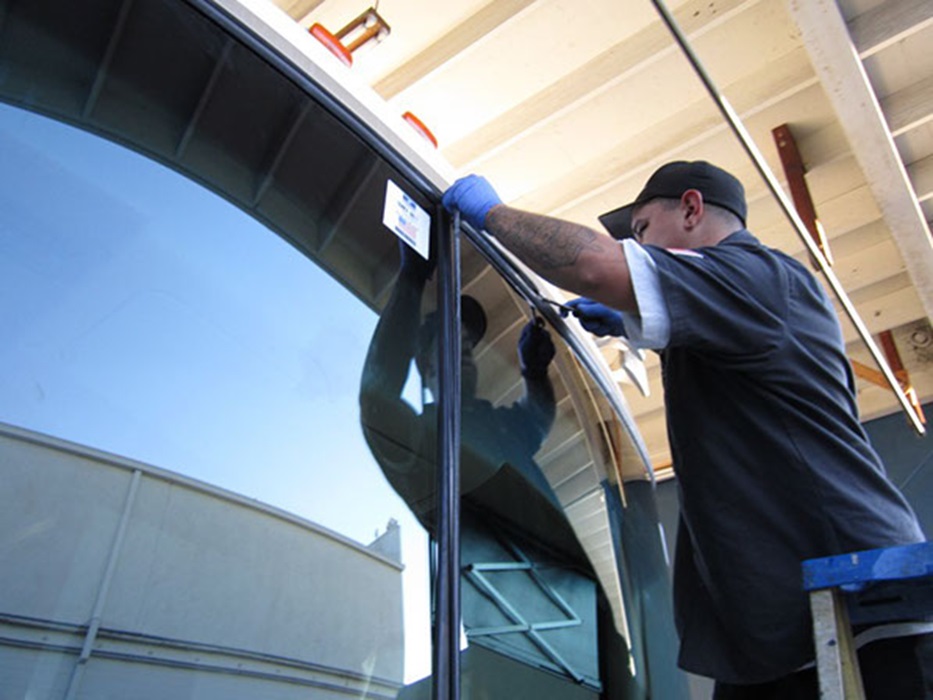Maintaining your vehicle in prime condition not only enhances its longevity but also ensures your safety on the road. Regular care and prompt repairs can prevent minor issues from escalating into major problems. This comprehensive guide covers essential vehicle care practices, focusing on routine maintenance, timely repairs, and specialized services such as RV glass repair and truck repair.
Routine Maintenance: The Cornerstone of Vehicle Longevity
Routine maintenance is crucial for keeping your vehicle in top shape. Adhering to a regular maintenance schedule helps identify and address potential issues before they become serious problems. Key maintenance tasks include:
- Oil Changes: Regular oil changes are vital for engine health. Follow the manufacturer’s recommendations for oil change intervals, typically every 3,000 to 7,000 miles, depending on the type of oil used and driving conditions.
- Fluid Checks and Top-Ups: Monitor and top up essential fluids, including coolant, brake fluid, transmission fluid, and power steering fluid. Each fluid plays a critical role in your vehicle’s performance and safety.
- Tire Maintenance: Regularly check tire pressure and tread depth. Properly inflated tires improve fuel efficiency and ensure better handling. Rotate your tires every 6,000 to 8,000 miles to promote even wear.
- Brake Inspection: Brakes are crucial for safety. Have them inspected regularly and replace brake pads and rotors as needed to maintain optimal braking performance.
- Battery Care: Check the battery’s charge and clean the terminals to prevent corrosion. Replace the battery every 3 to 5 years or as needed to avoid unexpected failures.
Addressing Common Repairs
Even with diligent maintenance, repairs are sometimes necessary. Addressing these issues promptly can prevent further damage and ensure your vehicle remains reliable. Common repairs include:
- Engine Repairs: Problems such as misfiring, overheating, or unusual noises often indicate engine issues. Address these symptoms promptly to avoid more severe engine damage.
- Transmission Issues: Difficulty shifting gears, slipping, or unusual noises can signal transmission problems. Regular checks and timely repairs are essential to avoid costly transmission replacements.
- Suspension System: Issues with your suspension system, such as uneven tire wear or a bumpy ride, can affect handling and comfort. Regular inspections and timely repairs are crucial for maintaining a smooth ride.
RV Glass Repair: Ensuring Safety and Visibility
Recreational Vehicles (RVs) require specialized care due to their unique construction and use. One critical aspect of RV maintenance is glass repair. RV glass is susceptible to damage from road debris, weather conditions, and wear over time. Addressing glass issues promptly is vital for safety and visibility.
- Cracks and Chips: Small cracks or chips in rv glass can quickly expand if left untreated. Timely repair of these issues can prevent the need for a full glass replacement and ensure clear visibility while driving.
- Windshield Replacement: In cases where the damage is extensive, windshield replacement may be necessary. Ensure that replacement glass meets industry safety standards and is installed by a professional to maintain the integrity of your RV.
- Preventive Measures: Use protective covers when the RV is not in use to shield the glass from environmental damage. Regularly inspect the glass for signs of wear and address any issues promptly to avoid larger problems.
Truck Repair: Maintaining Heavy-Duty Performance
Trucks, whether used for personal transportation or commercial purposes, require specialized care to handle their heavy-duty demands. Regular truck repair is essential for ensuring optimal performance and reliability.
- Engine and Transmission: Trucks often operate under heavy loads, which can put extra strain on the engine and transmission. Regular inspections and maintenance are crucial to prevent breakdowns and ensure efficient performance.
- Suspension and Steering: Trucks require robust suspension and steering systems to handle the weight and stress of heavy loads. Regular checks and repairs are necessary to maintain stability and control.
- Brake System: Given the increased demands on a truck’s braking system, regular inspection and maintenance are crucial. Replace brake components as needed to ensure safety and prevent potential accidents.
- Electrical System: Trucks often have complex electrical systems to support various functions and accessories. Regular checks and repairs of the electrical system can prevent failures and ensure reliable operation.
Conclusion
Maintaining your vehicle in prime condition involves a combination of routine maintenance, prompt repairs, and specialized care. By adhering to a regular maintenance schedule, addressing common repairs promptly, and seeking specialized services such as RV glass repair and truck repair when needed, you can ensure your vehicle remains reliable and performs optimally. Investing time and resources into vehicle care not only enhances its longevity but also ensures a safe and enjoyable driving experience.


